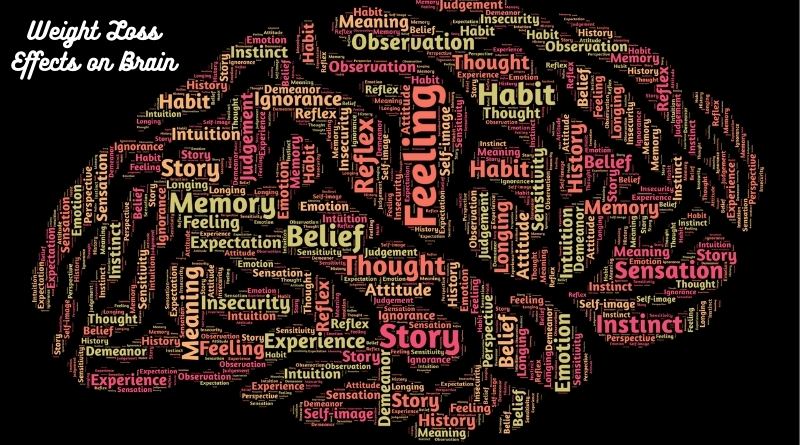Scientists have established that when people lose weight, there is a corresponding decrease in brain activity. The degree of decrease correlates with the person’s degree of obesity, with more obese individuals having more significant losses. As this is the case, weight loss seems to provide benefits to the brain.
First, during fasting (or when on a diet), the body releases ketone bodies which provides energy for the brain and prevents deterioration of mental functions.
What is leptin?
Leptin is a hormone made by fat cells. It is carried through the bloodstream to the brain and other parts of the body, where it communicates with the hypothalamus gland by binding to specific receptors.
How does leptin affect the brain?
The brain does not regulate body weight and energy balance in isolation. The hormone leptin plays a major role in this process, acting on the hypothalamus to send signals that control energy intake and expenditure. Leptin is produced by fat cells, but it also has important effects on appetite. When the level of leptin is high, it tells the brain to reduce food intake and increase energy expenditure.
What is ghrelin?
Ghrelin is a hormone that stimulates appetite and thereby increases food intake. Ghrelin is also known as the “hunger hormone” because it induces hunger even in periods of starvation. In addition, ghrelin stimulates gastric acid production and motility. Patients with short bowel syndrome, intestinal lymphangiectasia, celiac disease, inflammatory bowel disease, and other gastrointestinal disorders often suffer from ghrelin deficiency.
What are some negative side effects of weight loss on the brain?
One of the most common side effects of weight loss is a lower body weight. However, there are many other negative side effects that can occur as well. Along with weight loss, there may be a decline in glucose and insulin levels and an increase in cortisol. These changes can eventually lead to diabetes and chronic inflammation. Meanwhile, weight gain after dieting typically decreases cardiovascular risk factors such as LDL cholesterol and triglycerides.
What are some benefits of weight loss on the brain?
Weight loss has been shown to be beneficial for many different parts of the body. Studies have found that weight loss can lead to a decrease in levels of insulin resistance, lower blood pressure and healthier cholesterol and triglycerides levels. These benefits can then lead to a decrease in risk of heart disease and diabetes. One more thing weight loss has shown is an increase in levels of dopamine, which may lead to better moods and decreased likelihood of depression.
How do antidepressants impact weight loss on the brain?
Many people struggle with weight loss, but antidepressants can cause weight gain. How does this happen? Antidepressant medications work by increasing serotonin in the brain, which is associated with mood disorders like depression and anxiety. Recent studies have shown that these high levels of serotonin may also be linked to the regulation of appetite and food intake. So for those who are not depressed, antidepressants could lead to overeating, making it more difficult to lose weight.
In conclusion, losing weight has been linked to the regulation of neurochemicals in the brain. The increased levels of serotonin are linked to mood improvements, less depression, and reduced anxiety. We have learned that losing weight has been correlated with improved mood and mental health. A healthier diet can lead to a more energetic life by regulating serotonin levels.
















Add Comment